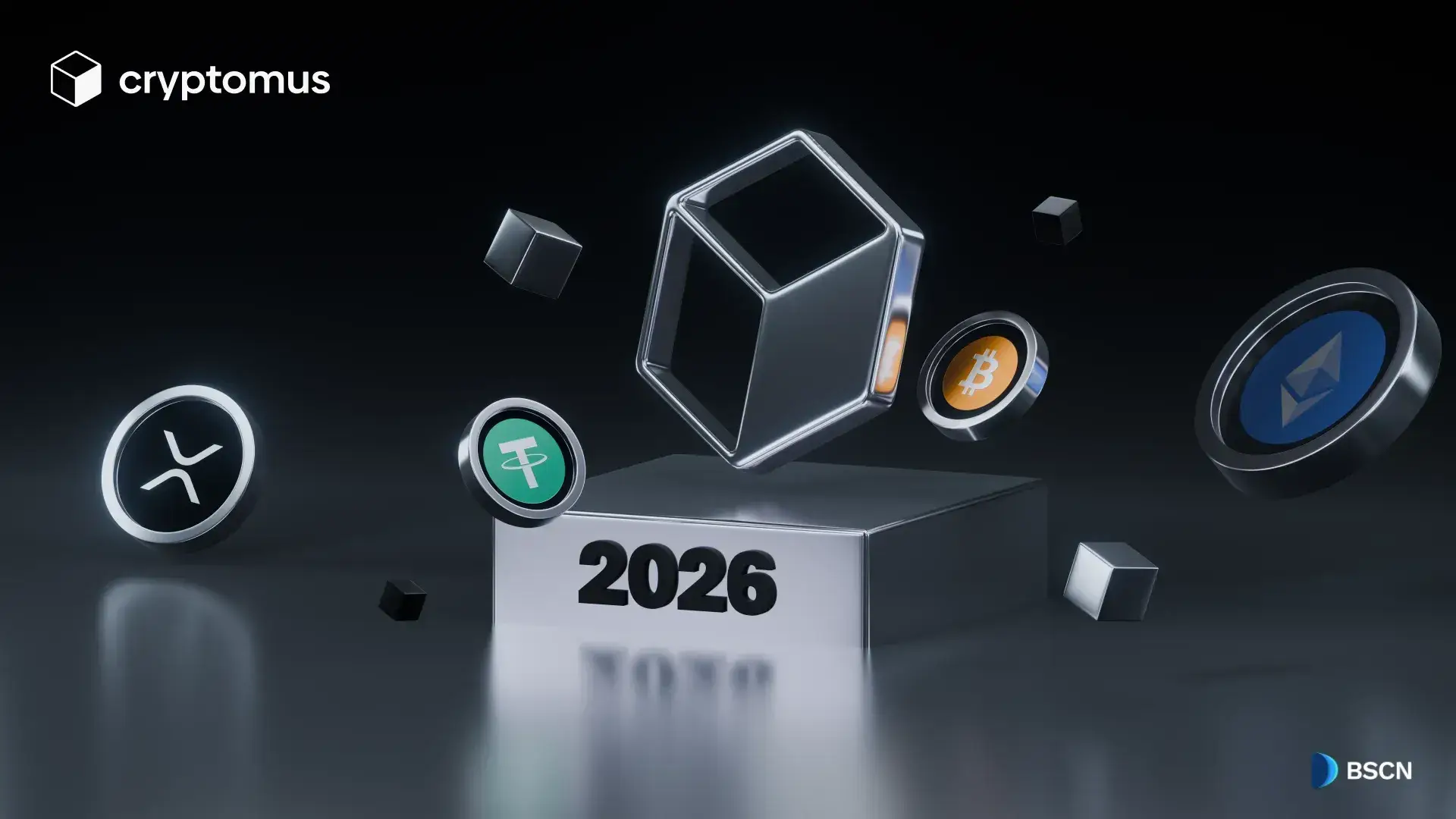(Advertisement)
BSCN
BSCN RSS Feed
BSCN is your go-to destination for all things crypto and blockchain. Discover the latest cryptocurrency news, market analysis and research, covering Bitcoin, Ethereum, altcoins, memecoins, and everything in between.
© 2025 BSCN. All rights reserved.













